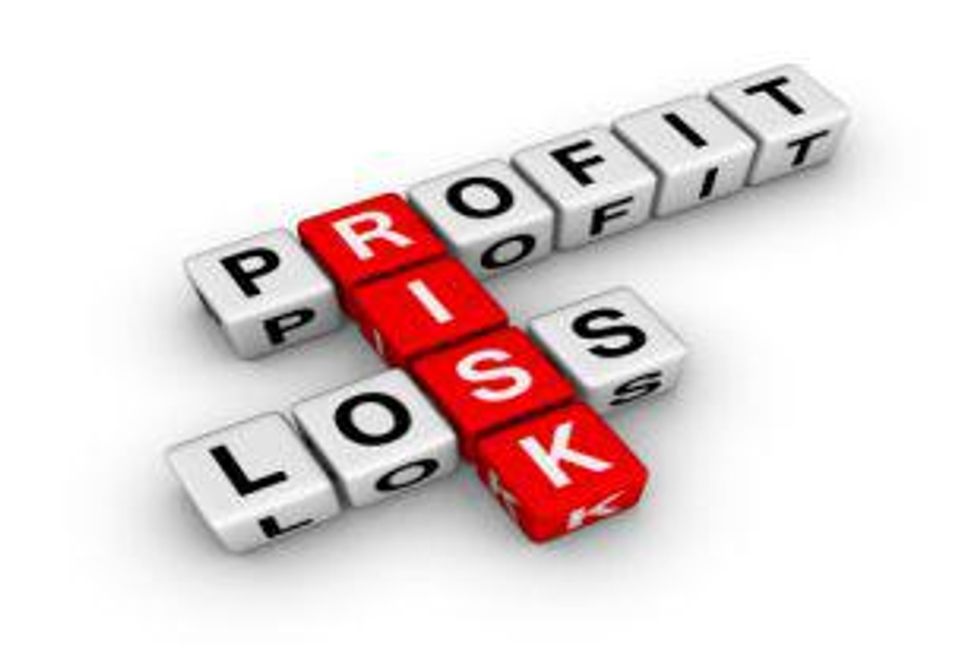A dark cloud has been hanging over the rare earth market since trade quotas were lowered by Chinese Officials. Japan and the US have even made hints towards a WTO trade dispute. While Crisis has since been diverted, the predicament has only further fueled innovation in the high tech sector.
By Michael Montgomery—Exclusive to Rare Earth Investing News
Tensions over rare earth policy came to a head last week in the showdown over a fishing boat captain detained by Japanese authorities. The Chinese fisherman had collided with two Japanese coast guard boats in “disputed” waters between the two nations. The Japanese arrested the boat captain and he had been awaiting trial until Chinese port authorities halted shipments of rare earth elements to Japan. Chinese officials have disputed the non-official trade restriction as simply an administrative matter carried out by customs officials. Beijing had requested the release of the boat captain, and many suspect the halting of rare earth shipments is a direct response to the diplomatic situation. Japan released the boat captain without trial, and shipments of rare earths began almost immediately thereafter.The situation illustrates the immense power that these elements have over the world economy. While the market is small in relation to other minerals, such as iron and copper, the monopolistic power of China over this market leaves little option for countries and companies alike to give in to the whims of China.
Much has been made over the restrictions on export quotas from China. The Chinese insist that the reduction in mining and exports are due to not only illegal mining operations, but also environment concerns. The only option for World Trade Organization (WTO) rules over barriers to trade. While the Chinese insist that the trade restrictions to Japan were not directly related to the boat captain’s detainment, there seems to be a trend in Chinese diplomatic relations to rare earth policy.
“A halt in exports carried out through administrative measures, rather than as an act of official policy, would be much harder for Japan to challenge at the World Trade Organization, which bans most unilateral export restrictions. Under the trade agency’s rules, countries may formally suspend exports of natural resources only for environmental conservation,” reported Keith Bradsher, for The New York Times.
The main reason China has given for the cut in export quotas is environmental concerns. It seems that using the environment as an excuse to halt exports is the only way for China to cash in on the monopoly they have been working to create in the rare earth element market. “Beijing began a drive to accelerate its production under the late Deng Xiaoping, the political patriarch, who compared China’s rare earths to Saudi Arabia’s oil,” stated Daniel Dombey, for Financial Times.
There has been talk of a WTO trade dispute over rare earth policy, from the U.S. and Japan. However, using environmental concerns as a reason behind the restrictions gives China an excuse that can not be challenged. China’s policy can not be disputed, the market price for REE’s rises, they cash in on not only exports, but also on manufacturing the wind turbines, and other high tech applications that rely on REE’s at a cheaper cost than any country reliant on Chinese rare earths. It makes perfect sense.
All of this uncertainty has only fueled the desire of not only mining companies, but of governments to find and produce REE’s, and find alternatives to them. The restrictions on rare earths are only fueling innovation in the high tech industry.
The Japanese government-backed organization, the New Energy and Industrial Technology Development Organization (NEDO) has made ferrite based magnets capable of being used in hybrid car technology. While not as powerful as Neodymium magnets, the material is cheap and readily available. Hitachi Corp. is also working on magnets based on copper alloys.
Another Japanese firm, Dowa, is figuring out how to economically recycle rare earths and other expensive metals from discarded electronics.
The process to retrieve rare earths is difficult. Electronics have to be cut into small pieces, melted in a furnace at temperatures reaching 1,400 degrees Fahrenheit, only after that a small amount of REE’s is extracted. The company says that only 150 grams of REE’s are contained in every ton of material. The plant processes 300 tons per day, so only 4.5 kg per day are extracted. However, the process still needs to be perfected.
